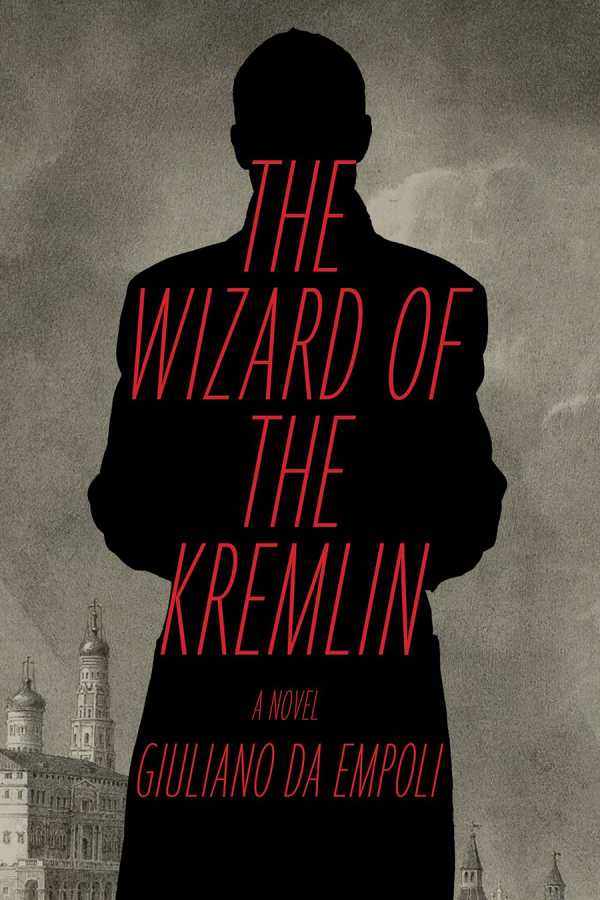The Wizard of the Kremlin
The enigmatic political artist who shaped Putin’s regime tells the tale of modern Russia in Giuliano da Empoli’s novel The Wizard of the Kremlin.
An unnamed academic encounters reclusive Baranov, a former theater director, television producer, and private advisor to Vladimir Putin. Bewitching, disillusioned, and decadent, Baranov invites the academic into his stately compound in a snow-laden forest. There, he settles into the role of a storyteller, recalling his life in one virtuosic monologue that’s both chronological and digressive. Baranov’s account fuses literature and love affairs with the sudden rise of Putin and the maneuvers the two men undertook to create what Baranov terms “a sovereign democracy.”
Ideologies and histories of the twentieth century are boiled down to their dramatic essence as Baranov’s ruminations move from the aristocratic prerevolution years of his grandfather to the Soviet bureaucracy of his father’s lifetime. The novel explodes into the present in the 1990s, introducing Putin, Prigozhin, and Khodorkovsky while dramatizing the decisions that led to a new era of autocracy.
Baranov is magnetic. Even as the novel strings together grand political and historical ideas, its strength is concentrated in his subtle shifts of character. Love, loss, and alienation propel him from lofty heights to crushing falls. His voice combines extreme excesses of power and violence—ranging from the Chechen wars to the invasion of Ukraine—with an acute sense of conscience. Behind this uncanny combination, a fatalistic worldview is revealed in which domination is necessary and inevitable. “The primordial motive force in all this remains anger,” Baranov says. “You self-righteous Westerners think that anger can be absorbed, that all it takes is economic growth and technological progress…It isn’t true.”
Capturing the hope, tragedy, and realities of contemporary Russia, The Wizard of the Kremlin is a tour de force.
Reviewed by
Willem Marx
Disclosure: This article is not an endorsement, but a review. The publisher of this book provided free copies of the book to have their book reviewed by a professional reviewer. No fee was paid by the publisher for this review. Foreword Reviews only recommends books that we love. Foreword Magazine, Inc. is disclosing this in accordance with the Federal Trade Commission’s 16 CFR, Part 255.

